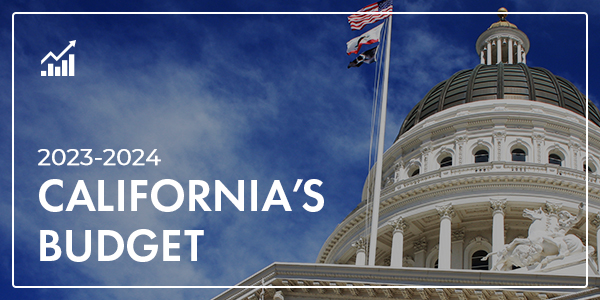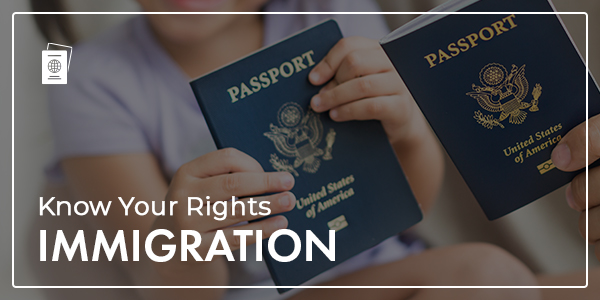Senator Portantino’s Bill Improving Maternal Mental Health & Wellness Passed Senate Health Committee
For Immediate Release: April 27, 2022
Contact: Lerna Shirinian, (818) 409-0400
Senator Portantino’s Bill Improving Maternal Mental Health & Wellness Passed Senate Health Committee
Sacramento, CA – The Senate Health Committee approved Senate Bill 1207, a measure authored by Senator Anthony J. Portantino (D – La Cañada Flintridge) which would improve maternal mental health support by providing outreach services, education and access to mental health treatment. SB 1207 is supported by the American College of Obstetricians and Gynecologists District IX (ACOG), Association of California Health Districts, California Catholic Conference and the Depression and Bipolar Support Alliance.
“We must do better to support woman struggling with maternal mental health and wellness during pregnancy and after childbirth. With 100,000 cases of postpartum depression being reported each year, adequate support and services are critically needed,” commented Senator Portantino.
Postpartum depression is a severe form of clinical depression related to pregnancy and childbirth. Symptoms include severe mood swings and deep despondency as well as impulses that can compel a mother to harm herself or her child. Evidence suggests that mothers may hesitate to seek help because of stigmas associated with mental illness, as well as cultural expectations surrounding motherhood and the traditional roles of women.
“Women of childbearing age have historically been the most prone to clinical depression and other mood disorders – and DBSA California has been promoting mental health care for this segment of the population for years,” said Paul Simmons, Executive Director of the Depression and Bipolar Support Alliance of California. “It is unfortunate we allowed COVID to delay adequate attention to perinatal mental health, but it is our hope that this bill and Senator Portantino’s efforts will refocus our attention where it is overdue.”
Women of color continue to be among the most affected, in part because too many are under insured. Prenatal symptoms of depression are twice as common for Black (19.9%) and Latina (17.1%) women compared to white (9.5%) and Asian/Pacific Islander (10.3%) women.
“SB 1207 will provide necessary knowledge on how to access maternal mental health services for patients and providers and re-iterate California’s commitment to treating mothers holistically,” stated Sarah Bridge, Senior Legislative Advocate for the Association of California Health Districts.
SB 1207 would extend the deadline for the establishment of the maternal mental health program to July 1, 2023. The bill would revise the requirements of the program to include quality measures to encourage screening, diagnosis, treatment, and referral. It also would encourage health care service plans and health insurers to include coverage for doulas, incentivize training opportunities for contracting obstetric providers, and educate enrollees and insureds about the program.
“Perinatal depression, which includes major and minor depressive episodes that occur during pregnancy or in the first 12 months after delivery, is one of the most common medical complications during pregnancy and the postpartum period, affecting one in seven women. It is important to identify pregnant and postpartum women with depression because untreated perinatal depression and other mood disorders can have devastating effects,” said Dr. Laura Sirott, a private practice obstetrician and gynecologist in Pasadena. “The COVID-19 pandemic has added a layer of complexity and isolation that could substantially increase the rates of postpartum depression and other maternal mental health conditions. It is vital to provide adequate care for women’s mental health during pregnancy and after childbirth.”
###





